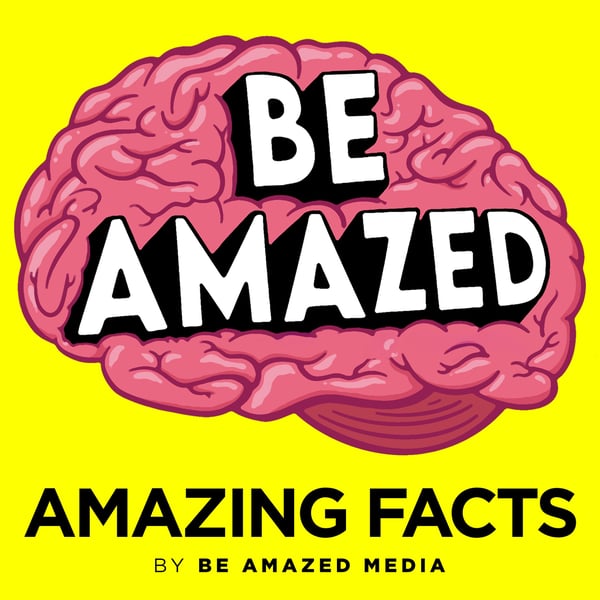Social Experiments You’d Think Would’ve Had Different Results
Be Amazed
Be Amazed
5 • 710 Ratings
🗓️ 29 October 2023
⏱️ 13 minutes
🧾️ Download transcript
Summary
We think and interact with each other like no other creature on our planet, but while we like to see ourselves as thoughtful and caring people, it’s not always the case. Let’s delve into some of the most influential social experiments that you’d think would have had different results.
Advertising Inquiries: https://redcircle.com/brands
Privacy & Opt-Out: https://redcircle.com/privacy
Transcript
Click on a timestamp to play from that location
| 0:00.0 | We think and interact with each other like no other creature on our planet. |
| 0:04.6 | But while we like to see ourselves as thoughtful and caring people, it's not always the case. |
| 0:10.9 | Let's delve into some of the most influential social experiments that you'd think would have had different results. |
| 0:18.5 | You're listening. |
| 0:19.5 | You're listening. |
| 0:30.4 | You're listening to be amazed. Let's begin with the Good Samaritan test. If you saw someone in need, do you think you'd stop to help them out? |
| 0:33.8 | What if you were in a hurry? |
| 0:36.3 | To test this, psychologists at Princeton University |
| 0:39.1 | designed an experiment in the 1970s. The premise was simple. A group of students were all called |
| 0:45.1 | to see researchers and asked to give a talk about the Good Samaritan from the Bible at a nearby |
| 0:49.9 | building. I won't be discussing theology here, but in case you haven't read the Bible, the |
| 0:55.3 | parable of the Good Samaritan is an example of loving those who may not be our friends. They |
| 1:01.1 | were either told that they had plenty of time to go to the next place, had a little time, |
| 1:05.5 | or were running late already. On their way to where they were supposed to give the speech, |
| 1:10.3 | they would pass a |
| 1:11.0 | stranger who appeared to be sick and needed help. Because of the route they took, there was |
| 1:16.4 | no way that the students would be able to pass the stranger without noticing him. Now, how |
| 1:21.5 | many of the students do you think stopped to help the man? Even though they were giving a speech |
| 1:26.2 | on the Good Samaritan, the time pressure |
| 1:28.1 | had the biggest impact. 63% of those with plenty of time helped, 45% of those with a little |
| 1:35.3 | time helped, and only 10% of those who were running late helped. These are much lower numbers |
| 1:41.7 | than the experimenters expected. Now, what do you think you would have done? |
... |
Please login to see the full transcript.
Disclaimer: The podcast and artwork embedded on this page are from Be Amazed, and are the property of its owner and not affiliated with or endorsed by Tapesearch.
Generated transcripts are the property of Be Amazed and are distributed freely under the Fair Use doctrine. Transcripts generated by Tapesearch are not guaranteed to be accurate.
Copyright © Tapesearch 2025.

